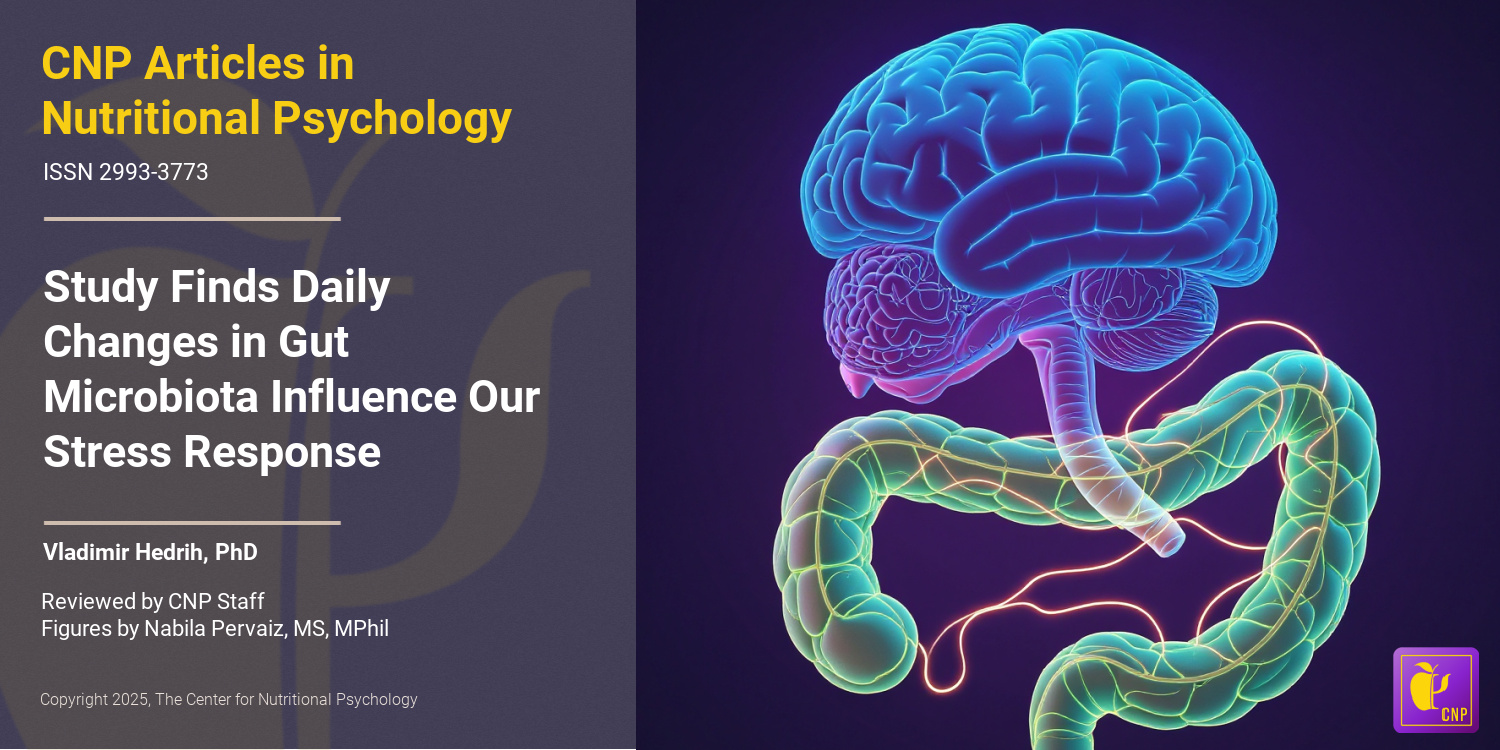Nutritional psychiatry: The present state of the evidence
While additional strategies are encouraged to reduce the disease burden that mental illnesses pose, Marx et al. (2017) identifies diet quality as a risk factor for mental illness that can be modified. This review provides an overview of the field that is nutritional psychiatry, discussing possible neurobiological mechanisms by which mental state is modulated by diet, the use of dietary and nutraceutical interventions in mental disorders, and recommendations for further research. Potential biological pathways related to mental disorders include inflammation, oxidative stress, the gut microbiome, epigenetic modifications and neuroplasticity, while diet quality has been consistently associated in epidemiological studies with mental health and in particular with depression, across numerous age groups and populations. Moreover, Marx et al. (2017) observed significant clinical benefit from a dietary intervention in clinically diagnosed individuals participating in their recently published intervention trial. Future studies can investigate promising avenues in this field such as nutraceuticals (n-3 fatty acids, folate, S-adenosylmethionine, N-acetyl cysteine and probiotics) or continue vital research on the efficacy of interventions in large clinically relevant samples, especially focusing on patients with schizophrenia, bipolar and anxiety disorders. [NPID: nutritional psychiatry, psychiatry, disease burden, neurobiological mechanisms, nutraceuticals, nutraceutical interventions, neuroplasticity, gut microbiome, epigenetic modifications, depression, n-3 fatty acids, fatty acids, folate, S-adenosylmethionine, N-acetyl cysteine, probiotics, schizophrenia, bipolar, anxiety]
Year: 2017
 Navigation
Navigation





